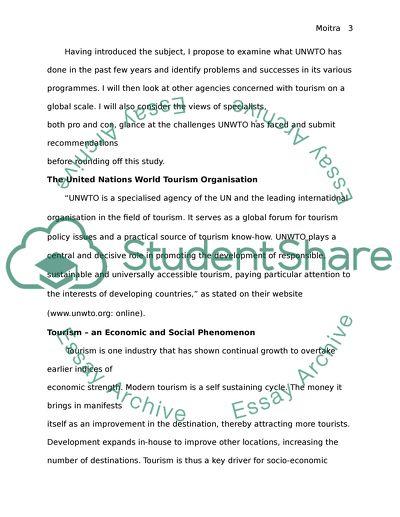Cite this document
(“Introduction to Tourism: A Review of the World Tourism Organisation of Assignment”, n.d.)
Introduction to Tourism: A Review of the World Tourism Organisation of Assignment. Retrieved from https://studentshare.org/tourism/1564530-introduction-to-tourism
Introduction to Tourism: A Review of the World Tourism Organisation of Assignment. Retrieved from https://studentshare.org/tourism/1564530-introduction-to-tourism
(Introduction to Tourism: A Review of the World Tourism Organisation of Assignment)
Introduction to Tourism: A Review of the World Tourism Organisation of Assignment. https://studentshare.org/tourism/1564530-introduction-to-tourism.
Introduction to Tourism: A Review of the World Tourism Organisation of Assignment. https://studentshare.org/tourism/1564530-introduction-to-tourism.
“Introduction to Tourism: A Review of the World Tourism Organisation of Assignment”, n.d. https://studentshare.org/tourism/1564530-introduction-to-tourism.


